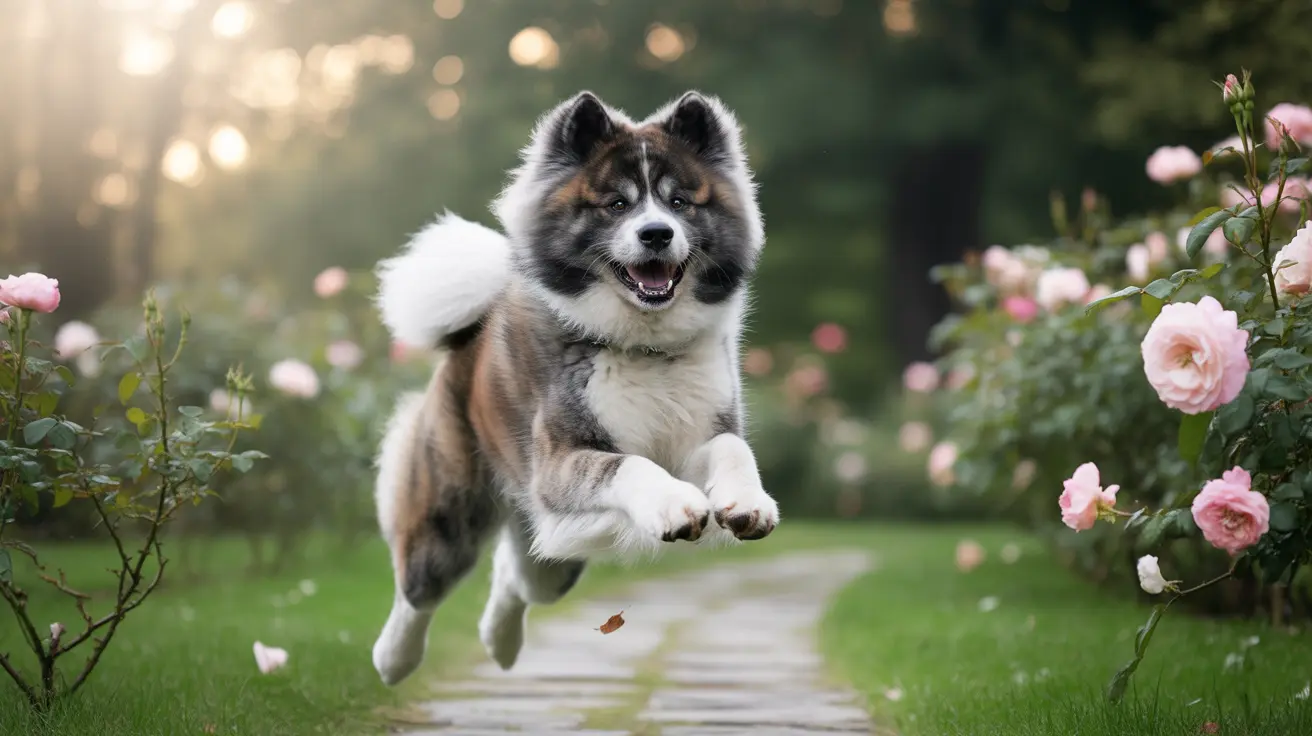The Akita dog stands as one of the most majestic and challenging breeds in the canine world. Known for their striking appearance and unwavering loyalty, these powerful dogs have captured the hearts of many dog enthusiasts. However, their unique temperament and specific care requirements make them a complex breed that demands careful consideration.
The Akita Dog: Essential Characteristics
Originating from Japan, the Akita dog presents a commanding presence with their muscular build and dignified bearing. These large, powerful dogs typically weigh between 70-130 pounds and showcase a thick double coat that comes in various colors. Their distinctive features include a broad head, small eyes, and their signature curled tail.
While physically impressive, it's their temperament that truly sets them apart. Akitas exhibit remarkable loyalty to their family members while maintaining a naturally aloof disposition toward strangers. This combination of traits requires careful management and understanding from their owners.
Understanding the Akita Dog Breed Personality
The Akita dog breed possesses a complex personality that combines several distinct traits:
- Intense family loyalty and devotion
- Natural guardianship instincts
- Independent thinking and decision-making
- Strong territorial instincts
- Selective social preferences
These characteristics make them excellent guardians but can also present challenges in social situations. Their independent nature often translates to stubbornness during training sessions, requiring patience and consistency from their handlers.
Training and Socialization Requirements
Early socialization is crucial for developing a well-adjusted Akita. Puppies should be exposed to various people, animals, and environments during their critical development period. Training should focus on:
- Positive reinforcement techniques
- Consistent boundary setting
- Early obedience training
- Proper leash manners
- Social interaction skills
Professional training guidance is often beneficial, especially for those new to the breed. Their intelligence combined with their independent nature requires a balanced approach that maintains their dignity while establishing clear leadership.
Exercise and Care Needs
Despite their size, Akitas have moderate exercise requirements. They thrive with:
- Daily structured walks
- Secure, fenced yard access
- Mental stimulation activities
- Regular grooming sessions
- Consistent veterinary care
Their thick double coat requires regular maintenance, especially during shedding seasons. Regular brushing helps manage their significant hair loss and maintains skin health.
Frequently Asked Questions
Are Akita dogs good for first-time dog owners?
No, Akitas are generally not recommended for first-time dog owners. Their strong-willed nature, size, and complex training needs require experienced handling and understanding of canine behavior.
How aggressive are Akita dogs towards other pets and strangers?
Akitas can show aggression toward other animals, especially dogs of the same sex, and may be naturally wary of strangers. Early socialization and proper training are essential to manage these tendencies.
What training methods work best for Akita puppies?
Positive reinforcement, consistency, and early socialization work best for Akita puppies. Harsh methods should be avoided as they can damage the trust relationship and increase defensive behaviors.
Can Akita dogs live peacefully with children or other dogs?
While Akitas can live with children and other dogs when properly socialized from puppyhood, they require careful supervision and training. They tend to be less tolerant of other dogs and need structured introductions.
What are the biggest challenges of owning an Akita dog?
The main challenges include their strong independence, need for extensive socialization, potential dog aggression, heavy shedding, and the requirement for experienced handling and training.






